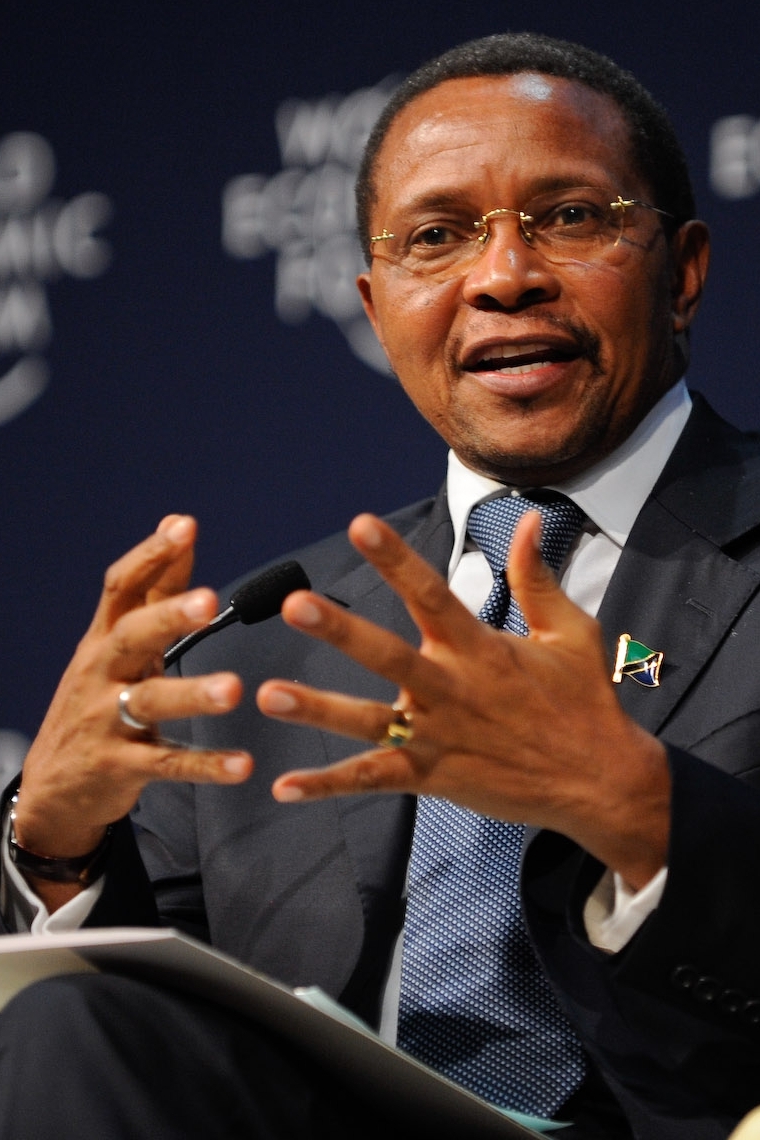Posted on May 29, 2012 05:49 am under Business, Strategies & Solutions
VENTURES AFRICA – With the number of youths in Africa set to double
by 2045, countries across the continent should boost job creation and
help young people acquire new skills, according to the African Economic
Outlook 2012.
“Creating productive employment for Africa’s rapidly growing young
population is an immense challenge but also the key to future
prosperity,” say the authors in the foreword.
Co-written by the African Development Bank, the OECD Development
Centre, the United Nations Economic Commission for Africa (UNECA) and
the UN Development Programme (UNDP), the report says youth are an
opportunity for future economic growth.
Between 2000 and 2008, despite world-topping economic growth rates,
and a better educated youth, Africa created only 16 million jobs for
young people aged between 15 and 24.
Today, youth represent 60 percent of the continent’s unemployed, and
of these 40 million youths, 22 million have given up on finding a job,
many of them women.
“The continent is experiencing jobless growth”, said Mthuli Ncube,
Chief Economist and Vice-President of the African Development Bank
(AfDB). “That is an unacceptable reality on a continent with such an
impressive pool of youth, talent and creativity”.
The report argues youth unemployment figures will increase unless
Africa moves swiftly to make youth employment a priority, turning its
human capital into economic opportunity. On the other hand, youths can
present a significant threat to social cohesion and political stability
if they do not secure decent living conditions.
High growth alone is not sufficient to guarantee productive
employment. Youth employment is largely a problem of quality in
low-income countries and one of quantity in middle-income countries, the
report says.
“In low-income countries, most young people work but are poor
nevertheless. In African middle-income countries, on the other hand,
such as South Africa or the Northern African countries, despite better
education, more youth are inactive than working,” said Mario Pezzini,
Director at the OECD Development Centre.
The report recommends that African countries design
better-coordinated strategies to effectively tackle youth employment,
focusing on job creation in the private sector while providing the right
conditions for businesses of all sizes to grow and expand their work
force.
In addition, given the small size of the formal sector in many
African countries, the report finds that a government focuses on the
informal sector and rural areas, which contain immense entrepreneurial
talent, can serve as engines for inclusive growth since they can absorb
higher numbers of unemployed youths.
It also advocates for policies focused on creating the skills that
are necessary for youths to compete in the job market, for instance by
improving the quality of education in agriculture and new technologies.
Increased policy focus on youth employment must be coupled with
measures to boost investments in social and economic infrastructure and
diversify the continent’s economy.
“Export diversification beyond raw material and private sector
development are important to mitigate the continent’s susceptibility to
external shocks, but that takes time”, said Emmanuel Nnadozie, Director
of Economic Development at UNECA.
With the right policies in place, the continent could capitalize on
its recent economic growth to achieve a development breakthrough.
“Youth employment is an investment in the future. It contributes to
reducing poverty, wealth creation, well-being and social cohesion,” said
Pedro Conceição, Chief Economist at UNDP’s Regional Bureau for Africa.
The African Economic Outlook presents a comprehensive analysis of the
economic, social and political developments in the region. The report
includes in-depth country notes on 53 of the continent’s 54 economies, a
macroeconomic overview.
The document also offers a chapter on human development which focuses
this year on the importance of reversing capital flight to achieve
sustainable human development.
Note: The annual 2012 African Economic
Outlook covers economic, social and political development in 53 of the
continent’s 54 countries. It is published with financial support from
the European Union and the Committee of African, Caribbean and Pacific
Group of States (ACP). For the whole report, including statistics and
specific country performance, please visit
http://www.africaneconomicoutlook.org














